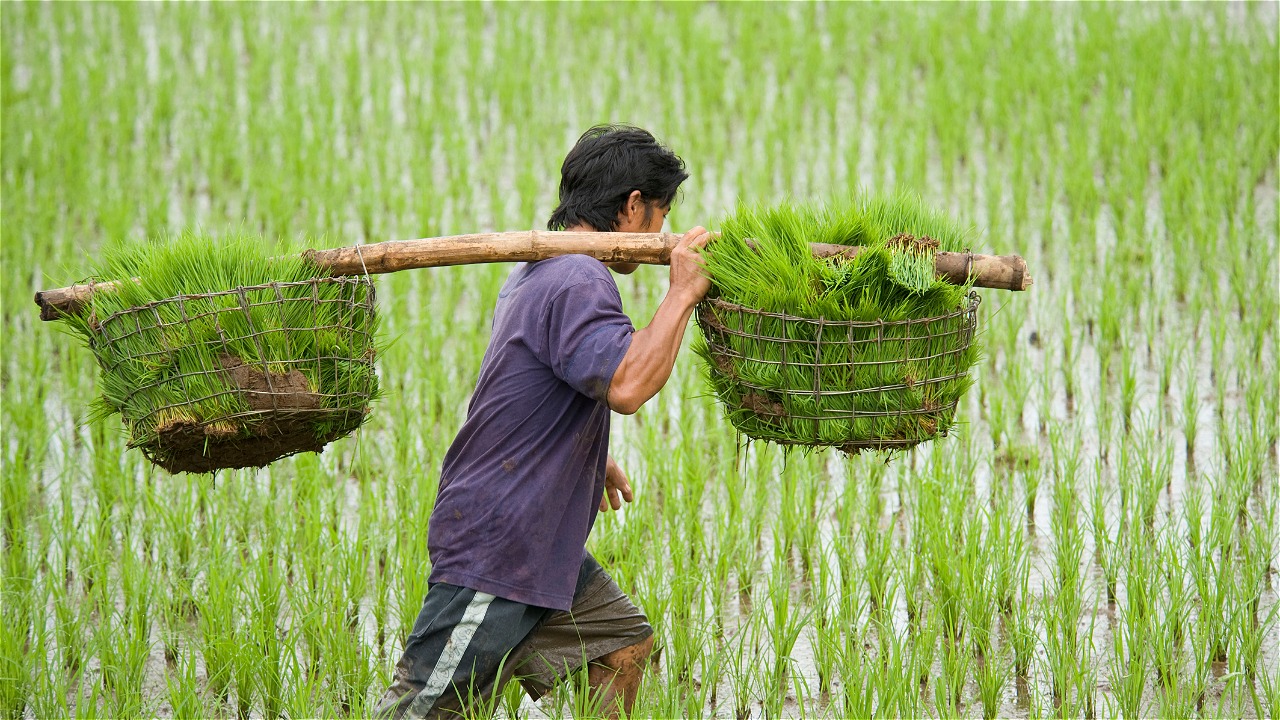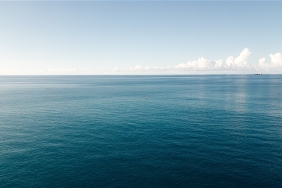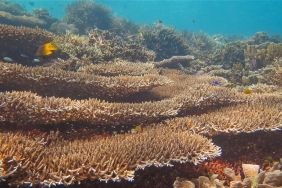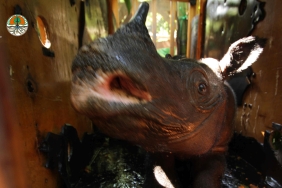PARARA FESTIVAL, INTRODUCING LOCAL INDONESIAN FOOD
By: Natalia Trita Agnika
Local food is often underestimated. In fact, local food has an important meaning in efforts to reduce carbon footprints, preserve nature, and maintain cultural heritage. These local food products are still marginalized due to the lack of public knowledge of the diversity of local foods in Indonesia. As an effort to introduce the treasures of local food as well as fair and sustainable products, on June 6-7, 2015, the 2015 Panen Raya Nusantara Festival (PARARA) was held at Lapangan Banteng, Jakarta.
This event was initiated by 22 organizations that supported more than 100 communities to promote fair and sustainable products. The communities introduced their products at their respective booths. Although the weather was quite hot, the visitors were enthusiastic to see the products being promoted. Some of the products that often become the visitors' favorite destinations include various woven fabrics, honey, and organic rice.
The interaction between the visitors and community members at the 2015 PARARA Festival was not just an interaction between potential buyers and traders. In these interactions, information about the background of the products became interesting things obtained by the visitors. Take the beautiful multicolored woven fabrics on display at the festival. The beauty of these fabrics is produced from natural dyes that do not have a negative impact on the environment, for example, a mixture of turmeric and alum produces a yellow color like gold, a mixture of cacang wood and lime produces a salem color, while a mixture of turmeric and arbor produces a brown color.
Honey enthusiasts can also choose forest honey products from several members of the Indonesian Forest Honey Network (JMHI) such as forest honey from APDS, Danau Sentarum, Odeng from Banten, Gunung Mutis forest honey, and Flores forest honey. While tasting the honey using a wooden spoon, visitors gained knowledge about various ways of harvesting honey, one of which is the drain harvesting system as done to produce Gunung Mutis forest honey. This forest honey is the product of bees of the Apis dorsata species in the area around the Mount Mutis Nature Reserve on Timor Island, East Nusa Tenggara.
Gunung Mutis forest honey is one of WWF Indonesia's "Green & Fair" products. It is called "green" because the Gunung Mutis forest honey harvesting system uses a sustainable harvesting system so that it pays attention to its sustainability. In addition, the production of this honey does not use chemical additives. The concept of "fair" also applies because the community around the Gunung Mutis Nature Reserve can enjoy additional income from the natural wealth around them without destroying nature.
The festival with the theme "Towards a Sustainable Fair Community Economy" was not just a celebration. Various discussions and workshops were held to make fair and sustainable products stronger in the market, for example by paying attention to their design, from packaging to logos. The creation of designs for various local communities involves students, including those from Binus University and Tarumanegara University.
The series of activities for two days also became a forum for all family members to get to know more about fair and sustainable products. Not only adults, children also had the opportunity to take part in this festival. In the children's play area, they could try their hand at the traditional games of gasing, congklak, and egrang at the Traditional Toy Lovers Community. There was also an Adventure Fairy Tale in the Land of Mirrors with Juki and Friends that entertained children visitors.
As the organizers hope, the 2015 PARARA Festival is not just a community product event but how the public learns about local communities who strive for economic improvement and at the same time preserve the nature where they live. One visitor who came from Mampang, Jakarta said that she was very happy with this kind of event because she was more familiar with various types of local food. So far, she prefers to consume local food. "At home, I prefer to eat local bananas rather than imported apples. I'm afraid there are preservatives in imported fruits because they don't spoil when I let them sit for more than a week," she said.
In addition to shopping for fair and sustainable products and enriching information about the story behind the products, visitors also got souvenirs when visiting the community booths accompanied by WWF Indonesia. A small packet of seeds can be taken home for free to plant at home, a simple way to help preserve nature. Other simple ways of living a green lifestyle that we can apply to save the earth through our daily activities can be learned easily and fun through the "Green Lifestyle WWF" sticker series. Upload them immediately on the Blackberry Messenger Shop.




